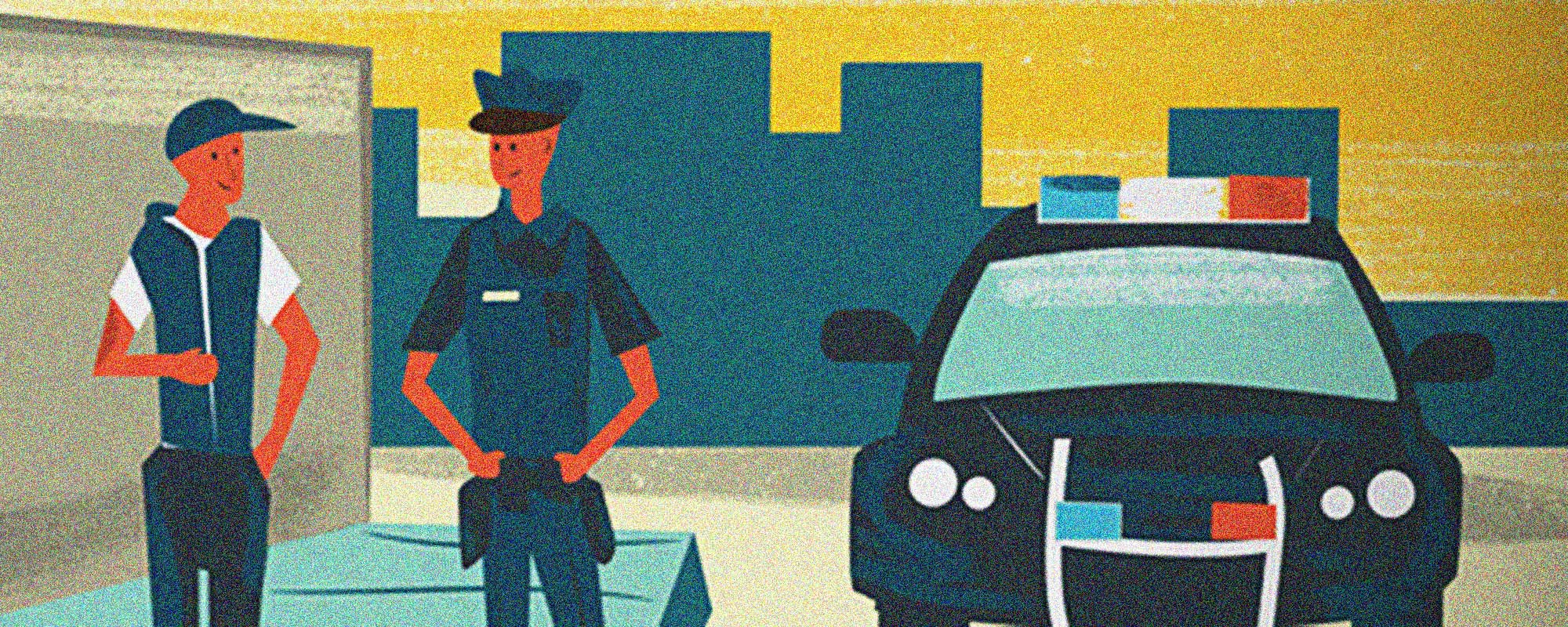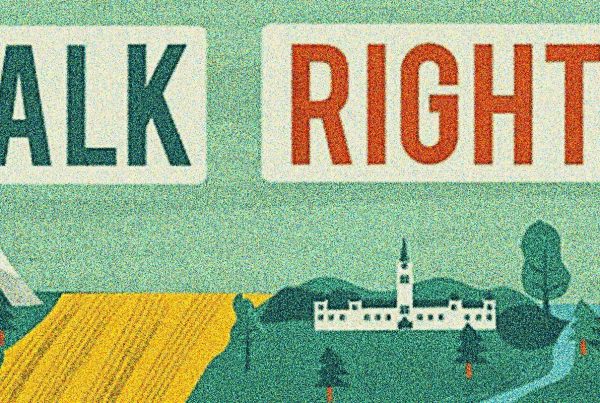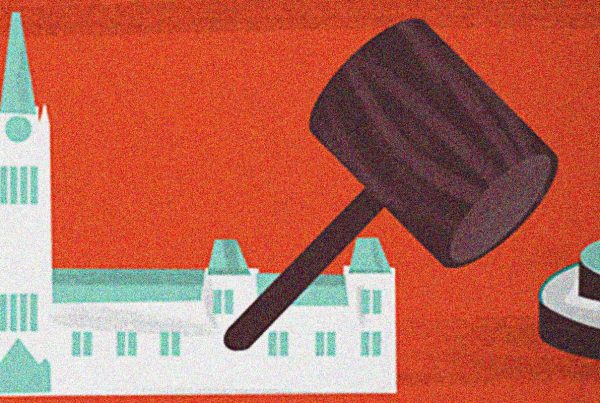December 1, 2016
Because the Learn section of TalkRights features content produced by CCLA volunteers and interviews with experts in their own words, opinions expressed here do not necessarily represent the CCLA’s own policies or positions. For official publications, key reports, position papers, legal documentation, and up-to-date news about the CCLA’s work check out the In Focus section of our website.
In recent decades, information technology has seen incredible developments. As a result, the surveillance capabilities of the Canadian government have also expanded rapidly. It’s been argued that surveillance practices are outpacing the laws designed to manage them, putting the privacy of Canadian citizens at risk.
If you’re interested in learning more about this crucial topic, here are ten online resources to get you started.
A link to the resource is included in each title.
ORGANIZATIONS
CCLA: INTERNET PRIVACY AND SPEECH
- If you have questions about privacy and government surveillance, a great place to begin is the CCLA website. Start with this page on the fundamental rights to privacy and free speech on the internet. Discover the issue, read about recent developments, and find out what the CCLA is doing to champion these freedoms.
PRIVACY INTERNATIONAL: THE FIVE EYES
- One serious consequence of government surveillance in Canada is that Canadian citizens’ personal information may be exported to other nations and their intelligence services. This is largely due to Canada’s membership in the “Five Eyes,” an international signals intelligence community established following the Second World War. If you’re interested in why this should matter to you (or who the other four eyes are) you might want to begin by visiting Privacy International’s webpage on the topic.
- Privacy International’s site also has numerous other resources related to privacy rights that you may be interested in.
OFFICE OF THE PRIVACY COMMISSIONER OF CANADA
- The Office of the Privacy Commissioner is a government “watchdog” agency responsible for ensuring that the Privacy Act and the PIPEDA are adhered to. They are also responsible for hearing complaints regarding privacy rights. If you’re looking to file an official complaint or want information regarding privacy from a government source (or useful tips on protecting your information), this may be the place to start.
- In a recent report, the Privacy Commissioner called for reform of the Privacy Act and continued its criticism of the Anti-Terrorism Act. Read the report here.
CANADIAN NATIONAL SECURITY AGENCIES
- The CSE and CSIS are two branches of Canada’s security intelligence community. Both are bound by federal law, however there have been complaints that they may lack sufficient accountability, despite oversight mechanisms that are already in place.
- For more information on the need for accountability, see CCLA’s position.
COMMUNICATIONS SECURITY ESTABLISHMENT (CSE)
- Established by the National Defence Act, the CSE is Canada’s electronic intelligence gathering agency. The core of their mandate is to collect foreign signals intelligence, though it appears their job also involves surveillance of Canadian residents in certain circumstances.
- A selection of the CSE’s activities are reviewed, after the fact, by the independent office of the CSE Commissioner, to ensure legal compliance. The Commissioner publishes a report for Parliament every year.
CANADIAN SECURITY INTELLIGENCE SERVICE (CSIS)
- CSIS is Canada’s spy agency. Not unlike the CSE, CSIS is tasked with gathering information for Canada’s national security community. Their mandate includes legal surveillance, however it has been alleged that, at times, CSIS has failed to comply with the law. For more information on CSIS from the CCLA, click here.
- CSIS’ watchdog agency is the Security Intelligence Review Committee. SIRC is intended to ensure the considerable powers invested in CSIS are used legally. They report directly to Parliament.
CANADIAN LEGISLATION
PERSONAL INFORMATION PROTECTION AND ELECTRONIC DOCUMENTS ACT (PIPEDA).
- The PIPEDA is Canada’s current federal privacy legislation, regulating the collection and use of personal information by organizations in the Canadian private sector. In its current state, the PIPEDA allows organizations to share your information with the Canadian government, who may then use it in a variety of ways – including in the laying of criminal charges.
- The CCLA has recently had some success in challenging aspects of this act, arguing that it violates the Charter of Rights and Freedoms. Learn more here.
PRIVACY ACT
- The Privacy Act predates the internet era, but nonetheless sets out important rules for how the Canadian government is allowed to use the personal information of Canadian citizens. The Privacy Act and the PIPEDA are the pillars of privacy protection in Canada, however both have problematic limitations, and may in reality fall short of their intended purposes.
ANTI-TERRORISM ACT, 2015 (BILL C-51)
- Arguably, some of Canada’s laws have played an active role in reducing privacy rights. Bill C-51 is one such law. It sparked debate on a national scale because it expanded the power of government agencies (including the CSE and CSIS) to collect and share Canadian’s personal information. It has been criticized for the breadth of its scope.
- For more information on Bill C-51, be sure to visit the CCLA’s page on the topic. Also, check out this collection of commentary on anti-terrorism law by Canadian law professors Craig Forcese and Kent Roach.
HELPFUL BOOKS
- Law, Privacy and Surveillance in Canada in the Post-Snowden Era
- If you’re looking for more detailed information about the legal issues relating to privacy and government surveillance, be sure to dive into this collection of essays – published by the University of Ottawa and edited by privacy expert Michael Geist. At the time this list was published, the book was available for free as a PDF from the University of Ottawa press website.
- Also, read a Talk Rights interview with Dr. Geist here.
- Transparent Lives: Surveillance in Canada
- Authored by eleven Canadian scholars, this book investigates the scope of electronic surveillance in Canada, as well as the problems this may create for normal Canadians. Transparent Lives is available as a free PDF on the website of the Athabasca University Press. Make sure to visit the book’s website for more informative resources on privacy and surveillance in Canada.
About the Canadian Civil Liberties Association
The CCLA is an independent, non-profit organization with supporters from across the country. Founded in 1964, the CCLA is a national human rights organization committed to defending the rights, dignity, safety, and freedoms of all people in Canada.
For the Media
For further comments, please contact us at media@ccla.org.




